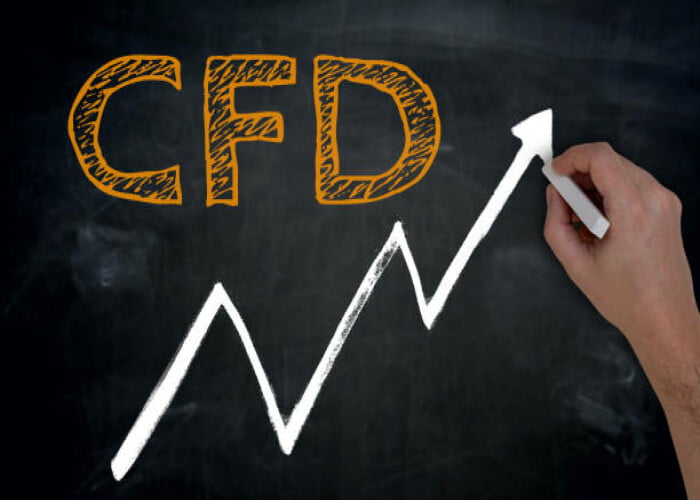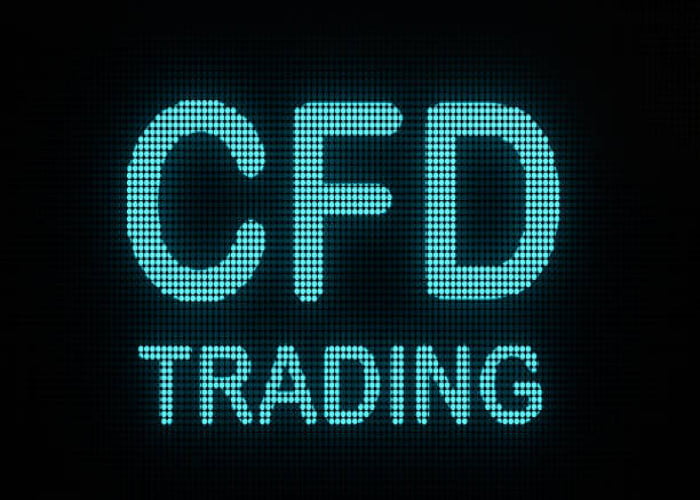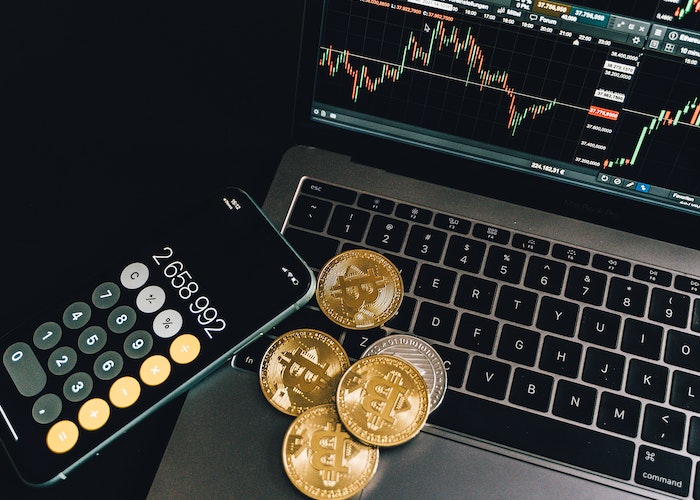A Contract for Difference (CFD) is an agreement between a buyer and seller in which the seller agrees to pay the difference between a contract's opening price and its closing price.
A contract for difference (CFD) is an agreement between a buyer and seller in which the seller agrees to pay the difference between a contract's opening price and its closing price. This means that if you buy a CFD, you can profit from fluctuations in the underlying asset's price without actually buying or selling it.
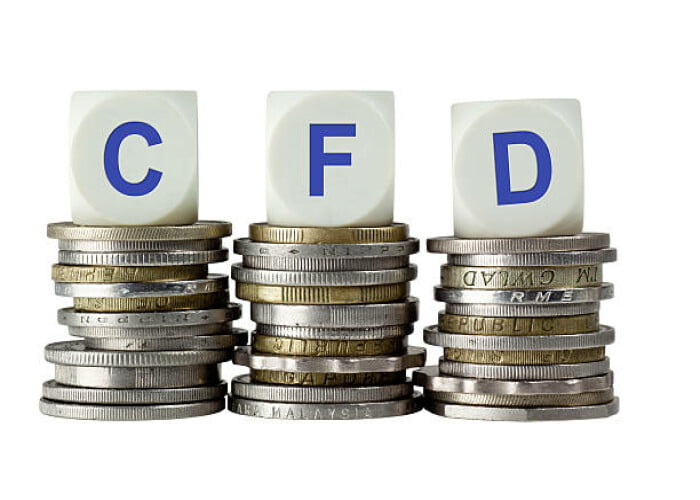
When you trade CFDs with us, you'll be able to compare prices on hundreds of financial products including shares, currencies, and commodities. You can trade with as little as £10 per trade.
To make sure you're getting the most out of your CFD trading experience, it's important to follow these steps.
To make sure you're getting the most out of your CFD trading experience, it's important to follow these steps.
- Understand how contracts work.
- Take advantage of practice accounts.
- Create a trading plan that covers risk management and profit targets.
- Find a broker who costs less than you expect to make on your trades, but not so much less that their service is compromised
Make sure you understand how contracts work.
Before you get started, it's important to understand what a contract is. Contracts are agreements between a buyer and a seller that allow the two parties to buy or sell an asset at a pre-agreed price. In CFD trading, contracts are used to trade financial instruments such as stocks and commodities. When you buy or sell CFDs through your broker, they will provide the necessary information on how many contracts they want you to trade and at what price (the "strike" price).
Take advantage of practice accounts. Practice accounts allow you to trade with "fake" money.
Practice accounts are virtual trading accounts that allow you to trade CFDs using fake money. This is a useful tool for beginners, who can learn the ropes without risking their actual capital. You will be able to practice your trading strategies without risking any real money, and this will help you understand how the market works and what it feels like when things go wrong (or right).
Create a trading plan that covers risk management and profit targets.
Now that you have a basic trading plan, it's time to turn your attention to the three most important aspects of CFD trading—risk management, profit targets, and trade size.
Trade size – Trading frequency, duration, and entry point will change depending on your risk appetite. For example, if you're more comfortable with smaller positions then don't hesitate to trade less frequently in order to reduce the impact of any one trade on your total portfolio value. However, if you want or need higher returns then consider increasing trade frequency so that each individual position has less impact overall but still offers enough protection against market volatility (and remember: high frequency can be risky).
Profit targets – Once again this is all about risk tolerance but also depends on how long you plan on holding positions—the longer they last the higher return potential they should offer! It's important though not just because it helps decide when an investment has reached its peak value but also because without one we could end up taking profits too early or missing out on big gains altogether by holding onto stocks that could go up further in price over time instead of selling now before things start sliding downhill again.
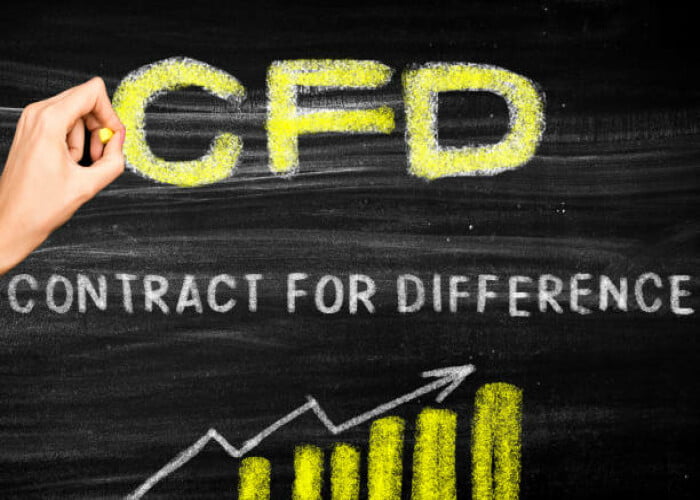
Find a broker who costs less than you expect to make on your trades, but not so much less that their service is compromised.
You should look for a broker who charges a reasonable percentage of your profit. This isn't the only factor to consider, but it's an important one.
You want to find a broker who has a good reputation, both in the industry and among its customers. A company with a good reputation will be more likely to provide high-quality customer service and educational resources, which are also important factors when choosing your CFD trading platform.
And finally—but perhaps most importantly—make sure that you choose an online CFD trading platform that has been around for years, rather than one that just popped up overnight on Google or Facebook Ads.
Use money you feel comfortable losing, like extra money on your credit card or from your savings account.
To get started with CFD trading in the UK, you need to deposit some money into your account. You can use any amount of money that you feel comfortable losing. We recommend using the extra money on your credit card or from your savings account because it’s unlikely that you would be able to withdraw these funds before they are used up by other expenses and bills.
If you don't have any cash lying around, try asking friends and family members for some help—they may be willing to lend some of their cash so that you can make gains trading currencies on the foreign exchange market!

